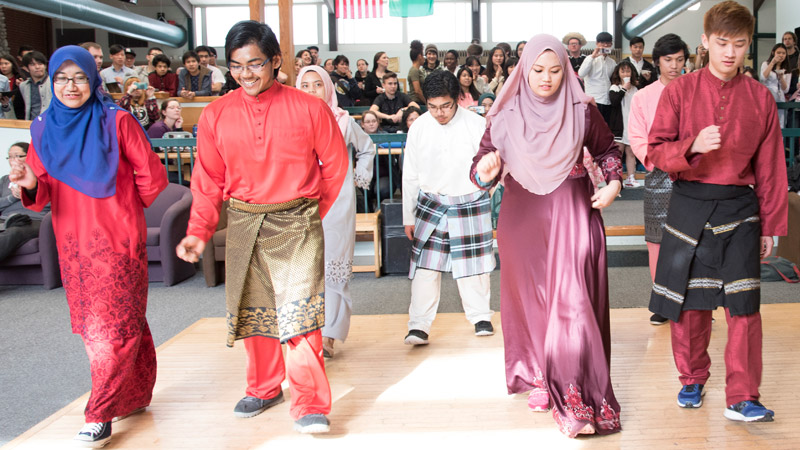I enjoy challenges and working with people, but was surprised how much I liked the field, after my advisor suggested taking a single class in the program."
Explore Career & Degree Pathways
Below is a list of our Areas of Study program maps that will prepare you to earn a degree or certificate.
DEGREES
Criminal Justice, Associate in Applied Science (AAS) Degree
Criminal Justice, Associate in Applied Science-Transfer (AAS-T) Degree
Early Childhood Education, Associate in Applied Science (AAS) Degree
Early Childhood Education, Associate in Applied Science-Transfer (AAS-T) Degree
History Emphasis, Associate in Arts, Direct Transfer Agreement (AA-DTA)
Homeland Security, Associate in Applied Science (AAS) Degree
Integrated Indigenous Studies Emphasis, Associate in Arts, Direct Transfer Agreement (AA-DTA)
Political Science Emphasis, Associate in Arts, Direct Transfer Agreement (AA-DTA)
Psychology Emphasis, Associate in Arts, Direct Transfer Agreement (AA-DTA)
Sociology Emphasis, Associate in Arts, Direct Transfer Agreement (AA-DTA)
Teacher Education Emphasis, Associate in Arts, Direct Transfer Agreement (AA-DTA)
CERTIFICATES
Early Childhood Education Certificate of Specialization-Administration Short Term Certificate
Early Childhood Education Family Child Care Specialization Short Term Certificate
Early Childhood Education General Specialization Short Term Certificate
Early Childhood Education Infants and Toddlers Specialization Short Term Certificate
Early Childhood Education School Age Care Specialization Short Term Certificate
Early Childhood Education State Certificate
Early Childhood Education State Short Term Certificate
Learning outcomes
Communication
- Use written, spoken, visual and symbolic methods of communication to explore and explain how social processes operate.
- Demonstrate the ability to listen in order to gain understanding as it is an essential element of the communication process.
Quantitative Reasoning
- Use basic numeracy skills to manipulate both qualitative and quantitative data.
- Employ the tools of mathematics to study social processes.
- Recognize relationships – patterns, correlations and causal relationships – in social phenomena.
- Use the scientific method to investigate social phenomena.
Information
- Recognize and formulate an information need.
- Find, access and retrieve qualitative and quantitative information to understand the nature and outcomes of social processes.
- Evaluate the credibility of information and its source.
- Synthesize and apply qualitative and quantitative information.
Critical Thinking
- Use alternative perspectives – ideas, concepts, theories – to understand social processes.
- Evaluate the scope and limitations of alternative perspectives.
- Apply critical thinking to explore the limits and barriers to understanding.
- Recognize how individual perspectives and values influence critical thinking and the self-reflective process.
Personal & Interpersonal
- Recognize the importance of accepting ownership for one’s own learning.
- Work cooperatively and collaboratively with others.
- Function under conditions of ambiguity, uncertainty, and conflict.
- Understand human interactions in the world using the concepts of inequality, diversity, culture, history, social cognition and political systems.
Honors Program
If you are excited to learn, want to study with classmates who share your enthusiasm, and seek an opportunity to work with faculty mentors to explore your unique intellectual interests, our Honors Program is for you.



